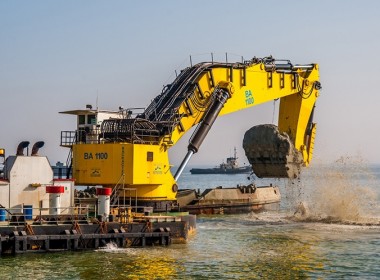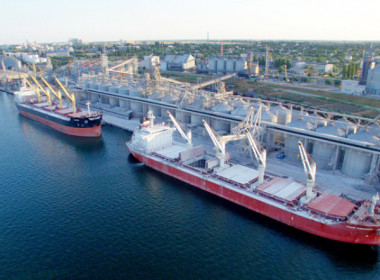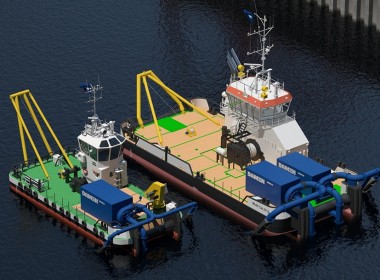Port of Rotterdam Authority performing trials with water injection dredging

The Port of Rotterdam Authority is currently examining whether it would be feasible to expand its new dredging programme in Rotterdam with water injection dredging.
The current study fits within the Port Authority’s PRISMA research programme, which looks into new dredging methods and how sediment reacts to these techniques. The purpose of PRISMA is to improve the efficiency of dredging in the port area and reduce the associated carbon emissions.
The port authority is responsible for keeping Rotterdam’s basins and waterways at the required depths. Every year, some five million cubic metres of dredged material are removed from the port basins.
Water injection dredging is seen as the most promising means by which to remove clean sediment along berths and waterways for maintenance purposes.
The technique involves injecting water into the soil of the project site. This creates a homogeneous mixture of water and sediment, which then flows in a specific direction under the influence of gravity and/or currents.
Over the past two years, the port authority has conducted trials with water injection dredging in Calandkanaal, having set up a sludge repository in the waterway for this purpose.
Injecting the sediment with water once every six to eight weeks rather than removing it with a trailing suction hopper dredger has cut dredging costs at the site.
In addition, water injection dredging is used at sites in the port area that are difficult to access, as well as frequently occupied berths. As a result, port users experience less hinder from shallow berths and dredging operations that impede freight handling.







